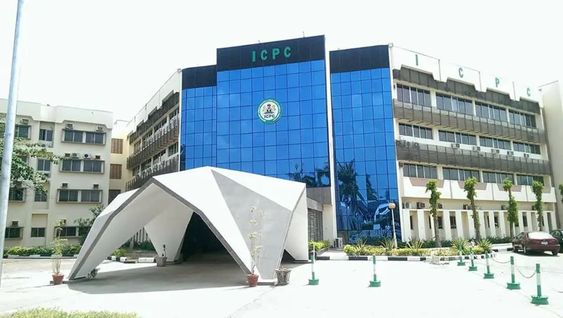Nigeria
ICPC Recovers Over N13 Billion in Diverted Funds in September 2024

The Independent Corrupt Practices and Other Related Offences Commission (ICPC) announces the recovery of over N13 billion in diverted public funds in September 2024, marking a significant victory in the fight against corruption.
The Independent Corrupt Practices and Other Related Offences Commission (ICPC) has reported the recovery of over ₦13 billion in misappropriated public funds during September 2024 alone.
Musa Aliyu, the Chairman of the ICPC, revealed this information on Wednesday at the launch event for the commission’s strategic action plan covering 2024 to 2028 in Abuja.
Aliyu highlighted the continuous efforts of the anti-corruption agency to fulfill its mandate but did not reveal the specific locations from which these funds were recovered.
Aliyu stated, “Throughout the past year, the ICPC has made notable advancements in fulfilling its responsibilities. For instance, in September 2024 alone, we recovered over ₦13 billion in misappropriated public funds. This is just one example of our relentless efforts to carry out our mandate.”
The head of the ICPC also revealed that the Commission is digitalizing its operations, aiming to become a leader in using technology to fight corruption.
READ ALSO: ICPC and EFCC hold meeting to discuss collaboration against corruption
We are also initiating ICT reforms to digitize our operations, which will enhance the efficiency of investigations, case management, and internal processes.
This transformation will establish the Commission as a leader in using technology to fight corruption, ensuring we stay ahead of criminal activities in the digital era.
Likewise, he mentioned that the commission is creating a specialized curriculum to strengthen the enforcement capabilities of its staff.
This initiative provides our officers with the skills and knowledge necessary to handle complex corruption cases, ensuring the highest standards of professionalism and efficiency.
Furthermore, we are decentralizing the fight against corruption by empowering state governments and involving State Attorneys General.
“This method guarantees that state governments have the tools, knowledge, and resources needed to effectively fight corruption locally,” he stated.
Emphasizing the idea that prevention is more effective than treatment, Aliyu stated that the ICPC has increased its efforts to pinpoint institutional and administrative weaknesses through System Studies and Corruption Risk Assessments.
He stated, “We have also maintained our engagement with the Anti-Corruption and Transparency Units (ACTUs) in Ministries, Departments, and Agencies (MDAs), strengthening our grassroots monitoring systems.”
